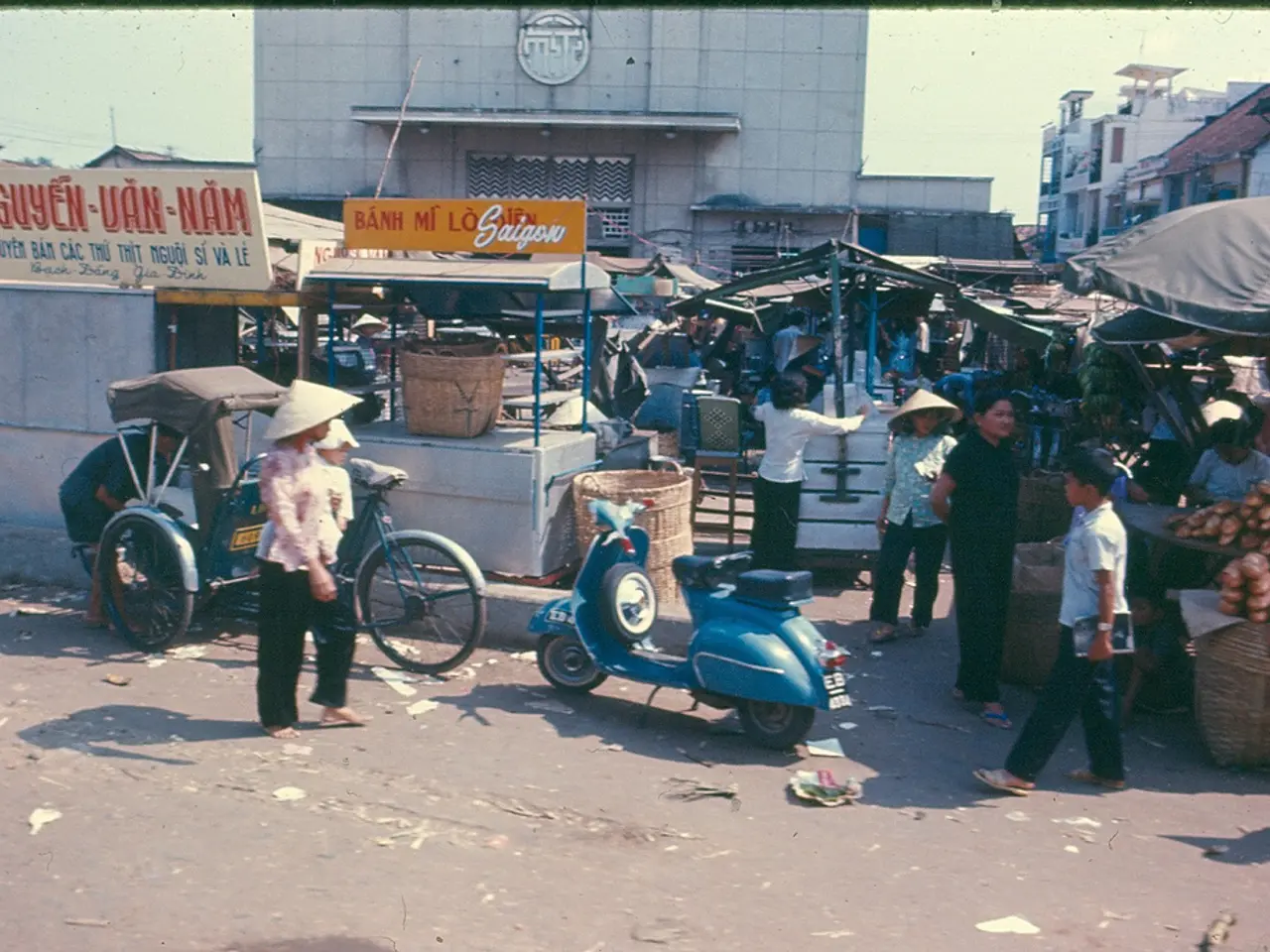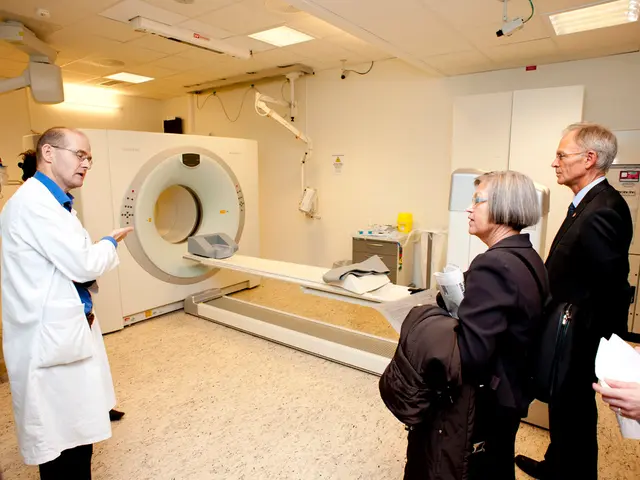Exploring Creative Solutions - Combining Public Transport with City Delivery Services
Micro Hubs Revolutionize Last-Mile Delivery in Vienna
Vienna, a bustling city with approximately 2 million inhabitants and an annual parcel volume of about 100 million, is embracing a new approach to last-mile delivery. Micro hubs, small localized logistics centers situated near urban centers or transport nodes, are being implemented to optimize urban freight flow and reduce congestion and emissions.
Public transport facilities play a crucial role in the implementation of micro hubs. Transit stations and terminals, typically situated in or near city centers where delivery demand is high, provide strategically located, well-connected nodes for micro hubs.
By setting up micro hubs at or near public transport nodes, large delivery trucks can be replaced with cargo bikes or electric vehicles that are better suited for crowded city streets. This shift supports cleaner, quieter last-mile deliveries, as demonstrated in pilot projects like the DECARBOMILE project in Logroño, Spain.
The RemiHub project, a collaboration between tbw research and Vienna's public transport provider Wiener Linien, demonstrates the potential of using public transport facilities for last-mile delivery. Goods are delivered to a RemiHub, which can be a container, van, or truck functioning as a micro depot. Bicycle couriers from Heavy Pedals handle the last mile, ensuring efficient and low-emission deliveries.
However, operational limitations of public transport facilities need to be addressed. These include time of operation, size of available space, entry height, and video surveillance. The RemiHub project team is actively involved in the planning process of some new infrastructure projects and redevelopment projects to overcome these challenges.
Offers for available space for RemiHubs have been received from municipal departments, real estate developers, and operators of inner-city garages. The RemiHub concept has gained importance beyond the scientific community and is now included in the 2020 coalition agreement of Vienna's new government.
Legal questions regarding who is allowed to access public transport facilities for logistical purposes and if a special permit is needed persist. Solutions like micro hubs, micro depots, or logistics hubs aim to reduce the number of trucks in cities, addressing this concern.
The RemiHub project involves the use of an app for seamless tracking and POD. The logistics partner for the project is DPD. Collaboration is key to the success of the RemiHub project, with Vienna's public transport provider Wiener Linien being a crucial partner.
The RemiHub project has gained significant media attention on a national and international level, and the solutions it presents for last-mile delivery are inspiring cities around the world. Roland Hackl, from tbw research, believes that the solution to last-mile delivery should be simple, practical, and solve real-world problems, rather than relying on technology and digitization for everything.
[1] DECARBOMILE Project [2] Heavy Pedals [3] RemiHub Project [4] tbw research [5] Wiener Linien








